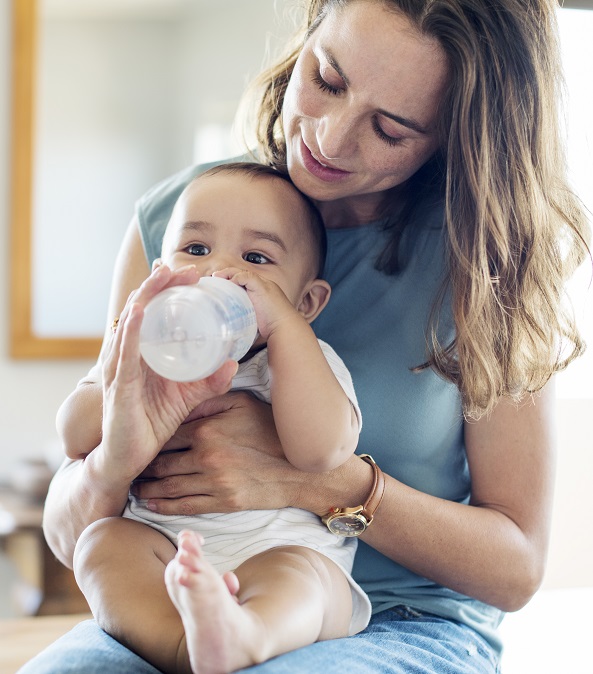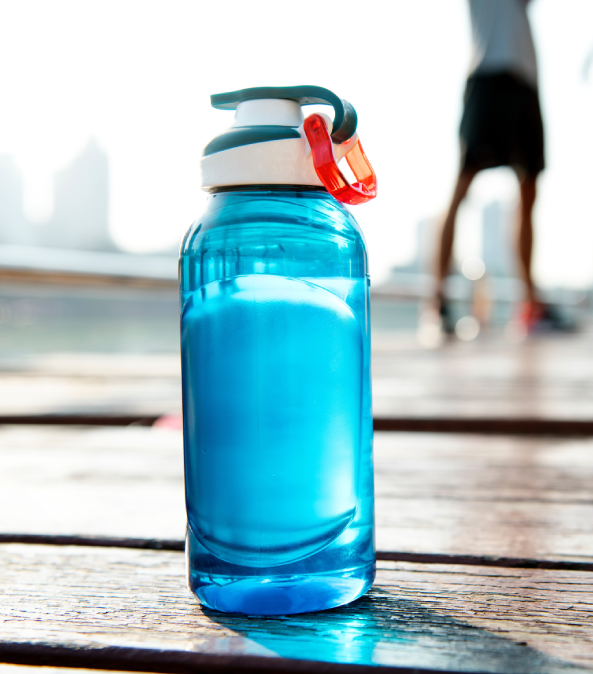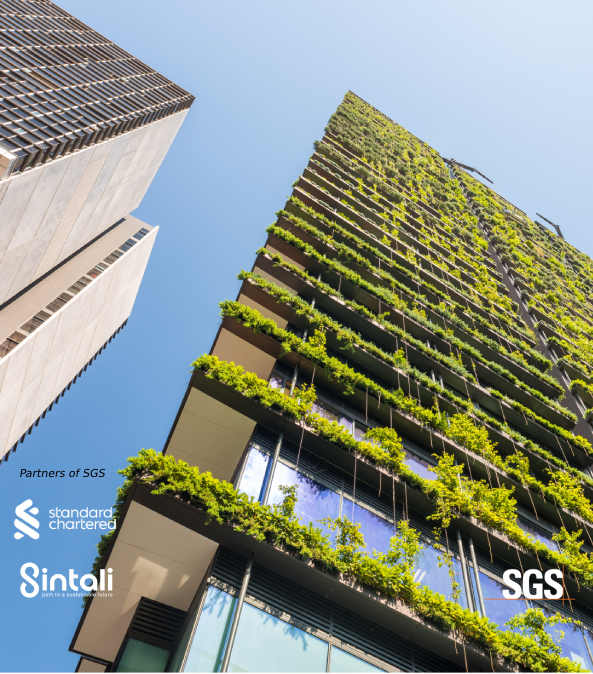Plastics are everywhere and are used in almost all areas in the modern day including in the making of cutleries, packaging and wrapping items, bottles, food containers, clothes, wearables, vehicle parts, electronics, pens, and furniture among many other items.
However, having improved our lives considerably, they now threaten our environment and our health. The associated carbon emissions and persistency of plastics challenge the fragile balance of many ecosystems.
Biodegradable and compostable are terms used when describing organic materials breaking down in a specific environment. Both terms are often used when defining environmentally friendly products and are often misused.
What is the difference between biodegradable and compostable plastics?
Biodegradable plastics can be decomposed by the action of living organisms, usually microbes, into water, carbon dioxide, and biomass.
Compostable plastics are plastic that undergoes degradation by biological processes during composting to yield CO2, water, inorganic compounds and biomass at a rate consistent with other known compostable materials and leave no visible, distinguishable or toxic residue
How can you confirm this is such the case?
Any claim of compostability or biodegradability should be precise and clearly related to the conditions under which the properties apply. Certifications guarantee that a product complies with an established standard or a set of conditions defined by the certifier.
At SGS, we offer both Biodegradability & Compostability services based on EN, ASTM, ISO, and GB standards.
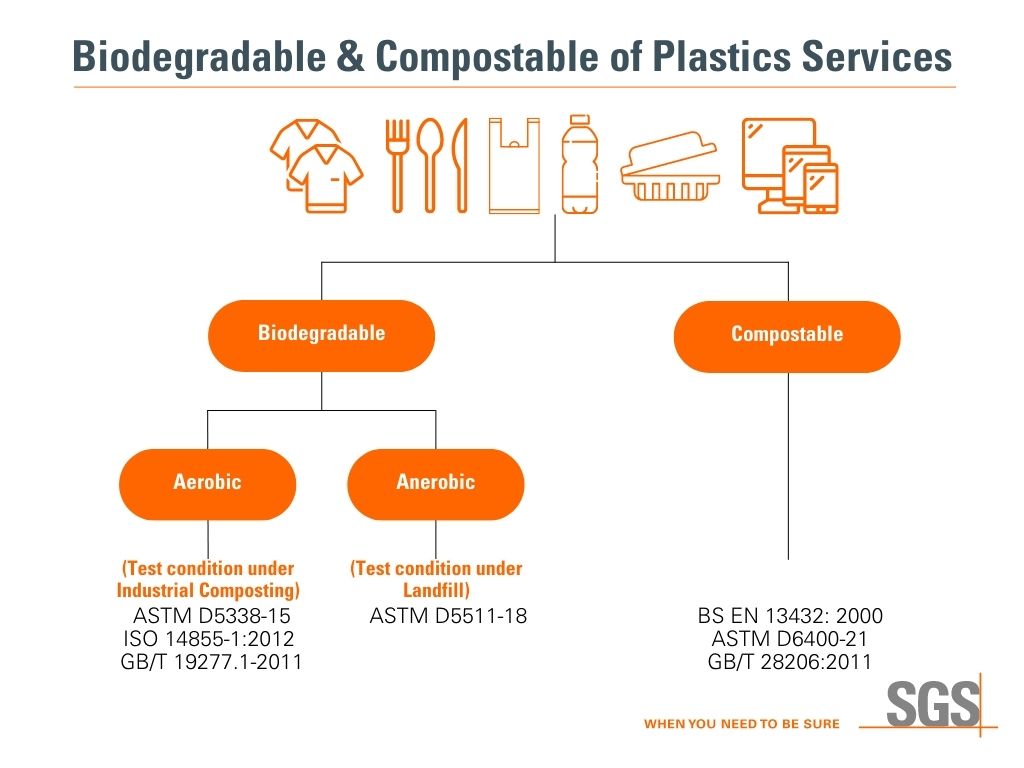
SGS Environmental Claim Certification and Verification Schemes
Earn and maintain consumer trust for your products’ environmental claims with our independent assessment scheme based on recognized standards. Our comprehensive solution ensures your product has passed all defined criteria, giving you the confidence to make a wide range of claims and allowing you to differentiate your product in fractured markets. All protocols include a clearly defined product scope and certification/verification criteria, leaving the consumer in no doubt as to the environmental claims meaning.
Build market share with the ‘SGS Green Mark’
Products certified/verified under the Environmental Claim Certification and Verification Schemes will gain global recognition via the SGS Green Mark. This mark can be used in products, promotion material, and advertising to show end-users that the environmental claim is certified/verified by SGS.
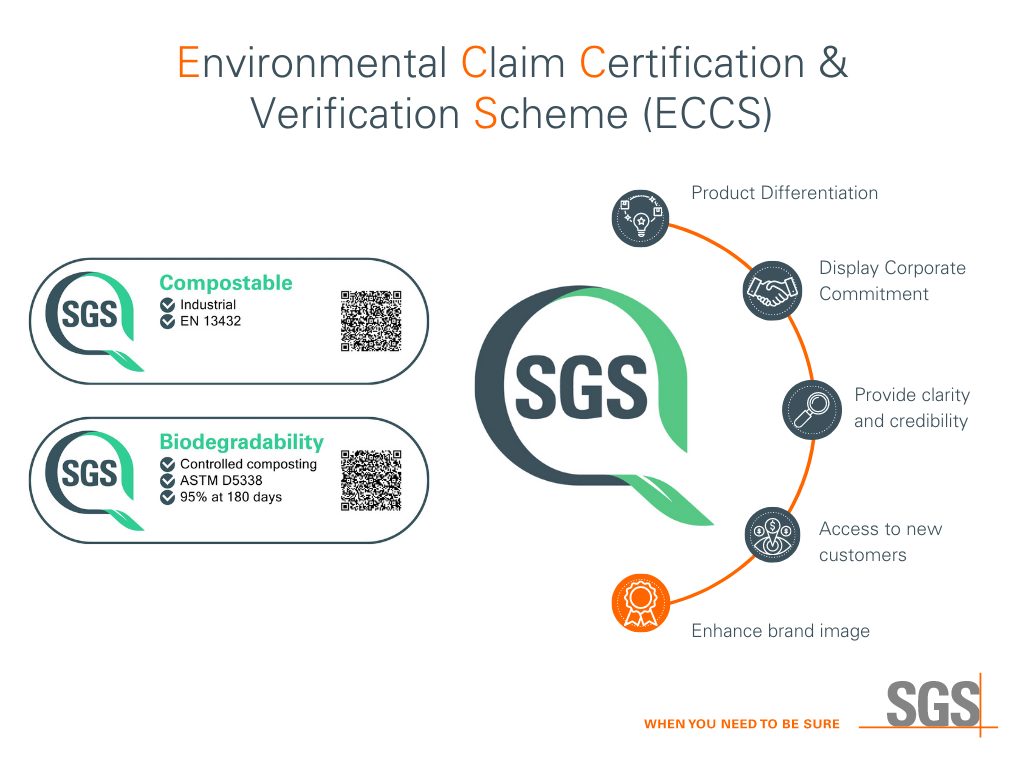
SGS is proud to be an internationally recognized sustainability leader. Our award-winning sustainability practices and our long experience with customers around the world are the basis for providing best-in-class sustainability services to any type of organization.
Whatever the size of your organization, we help you to implement more efficient processes, address risks and stakeholder concerns, and accomplish your sustainability goals.
To learn more about our solutions for Sustainability, please fill in the below form to receive the brochure and subscribe to our newsletter. You can also contact us or learn more about Sustainability Services in TIC Mall.
